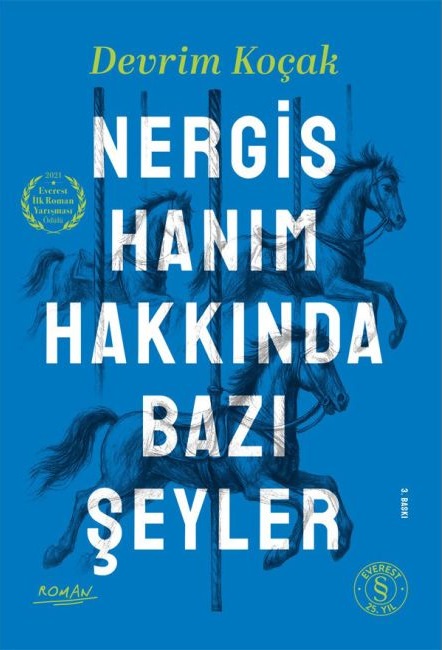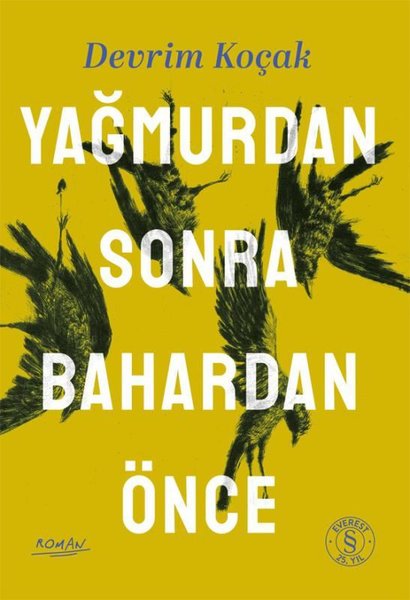Dostoyevsky: Gelo mirov xwe nas dike dema ku hemû rastiyê kifş dike, an jî dema ku dev ji hemû derewan berdide?
“Mirov xwe nas nake ne dema ku ew tevahiya rastiyê kifş dike, lê tenê dema ku ew dev ji hemî derewan berdide.” Ev gotina kûr bingeha felsefeya Dostoevsky li ser psîkolojiya mirovan û mijara xwenasînê vedibêje. Li vir analîzek qatqatî ya vê hevokê heye: Sînorên Lêgerîna Rasyonel: Di Notên ji
OKUMAK İÇİN TIKLA

